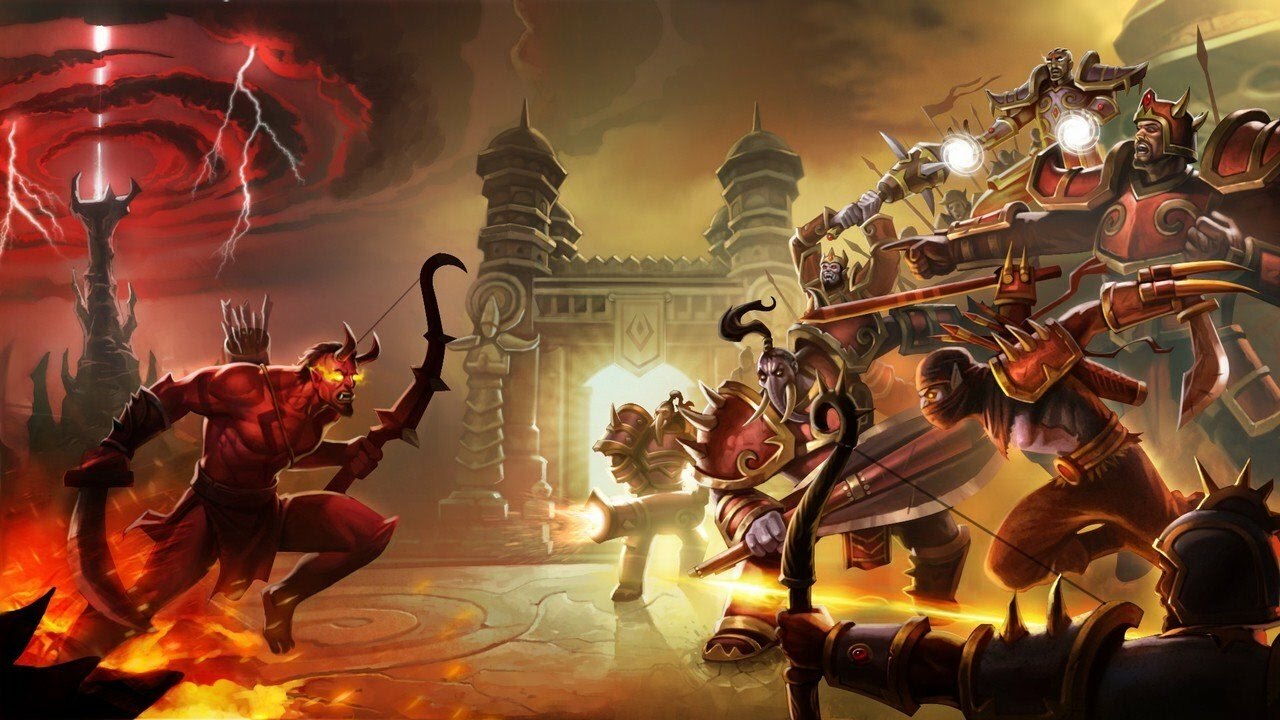India’s online gaming industry faces an existential threat as the Lok Sabha passes a sweeping bill outlawing all forms of real-money gaming, betting, and gambling, including fantasy sports, rummy, and poker.

The Promotion and Regulation of Online Gaming Bill 2025 has officially cleared the Lok Sabha, marking a seismic shift in how India approaches online gaming. The legislation imposes a blanket ban on all forms of online money gaming, whether based on skill or chance, with severe penalties for operators, advertisers, and even financial institutions.
What does the Online Gaming Bill 2025 do?
- Bans all online money games and services, including fantasy sports, poker, rummy, and online lotteries—regardless of whether they are games of skill or chance.
- Prohibits advertising or promotion of online money games in any media, including electronic platforms.
- Bars banks and financial institutions from processing payments or facilitating transactions for these activities.
- Imposes criminal penalties—up to three years in jail and heavy fines—for violations.
With these measures, India is shifting from a tax-and-regulate approach to a prohibit-and-enforce model. The bill makes no distinction between games of skill (like fantasy sports) and games of chance (like online lotteries).
This is a departure from previous regulatory frameworks and legal precedents, which had carved out exceptions for skill-based games.
Industry in Crisis
Major Indian gaming companies like Dream11, Games24x7, Winzo, GamesKraft, 99Games, KheloFantasy, and My11Circle now face an existential crisis.
Nearly 86% of India’s $3.7 billion online gaming market comes from real-money formats. Wipe that out, and revenue, jobs, and investment disappear. Industry insiders project losses of lakhs of jobs and billions in economic value if the bill becomes law.
The All India Gaming Federation (AIGF) has written to Home Minister Amit Shah, warning that a blanket ban could drive tens of millions of players to illegal, offshore gambling sites, exposing them to fraud, addiction, and zero consumer protection.
The AIGF has instead called for progressive regulation that distinguishes skill from chance, ensures player safety, and secures tax revenue.
Legal and Economic Fallout
- Constitutional Concerns: Legal experts and industry leaders argue the bill violates Article 19(1)(g) (freedom to trade and business) and Article 14 (right to equality), as courts have repeatedly ruled that skill-based games are not gambling.
- Economic Impact: The sector generates over Rs 25,000 crore annually in taxes and supports at least one lakh direct and indirect jobs. With the industry growing at nearly 20% annually, a ban could erase years of progress overnight.
- Investment Chill: The sector attracted over $2 billion in foreign direct investment from 2021–2022. Policy unpredictability could scare off global investors and damage India’s tech reputation.
- GST and Revenue Loss: Offshore operators already cost India over $4 billion in lost GST—more than the entire revenue of the domestic industry. A ban would only worsen this leakage.
Players can still access free-to-play or subscription-based games that don’t involve wagering. However, any game that allows users to risk money, whether for rewards, prizes, or simply to play, will be illegal. This includes everything from fantasy cricket leagues to online card games.
The government argues that the bill is necessary to combat gambling addiction, protect consumers, and shut down illegal betting networks. In recent years, authorities have blocked over 1,400 illegal betting and gambling sites, and new criminal penalties have been introduced for unauthorised gambling.
For now, the bill still needs to pass the Rajya Sabha and receive presidential assent before becoming law. The industry, players, and investors are watching closely, hoping for last-minute amendments or a shift toward regulation rather than prohibition.
One thing is clear: If the bill becomes law as written, India’s online gaming landscape will never be the same.




























